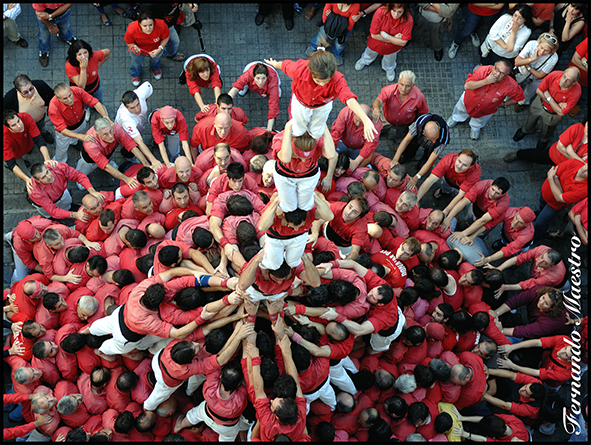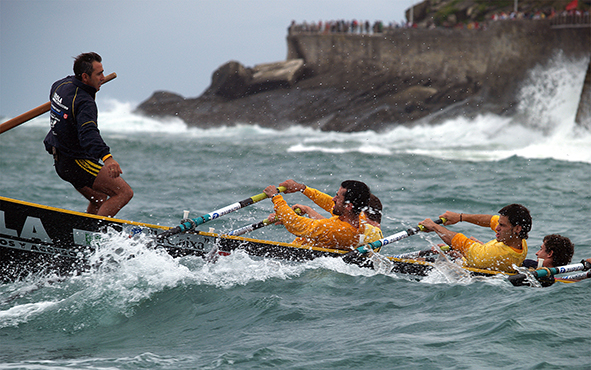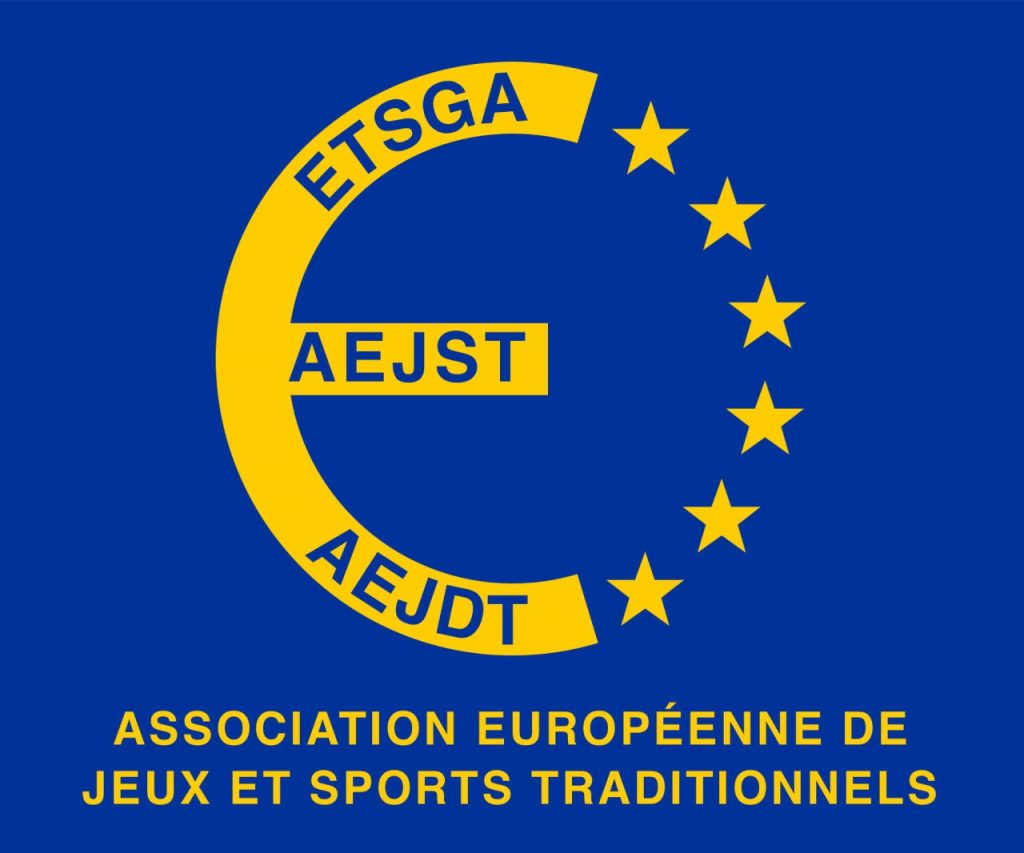 The Association Européenne des Jeux et Sports Traditionnels (hereinafter referred to as AEJeST), was founded on the 28th of April 2001 at Lesneven (France). It is a sort of Platform which comprises sports and cultural federations, associations, educational institutions or companies whose aim is the management, promotion and the safeguarding of traditional games and sports in Europe. The aims of AEJeST are to promote and to develop the practice of traditional sports and games, in agreement with its members.
The Association Européenne des Jeux et Sports Traditionnels (hereinafter referred to as AEJeST), was founded on the 28th of April 2001 at Lesneven (France). It is a sort of Platform which comprises sports and cultural federations, associations, educational institutions or companies whose aim is the management, promotion and the safeguarding of traditional games and sports in Europe. The aims of AEJeST are to promote and to develop the practice of traditional sports and games, in agreement with its members.
The practical work of AEJeST is:
• To support the affiliated members by the creation of an information network
• To support the setting up of other national or regional associations
• To support the setting up of international meeting and conferences
• To support study, research and the creation of inventories and educational play applications of traditional games and sports
• To support research in the area of resource creation
• To support and cooperate in the publishing of reports, booklets or books and the use of informational technology
• To support any initiative or youth educational policy which improves the quality of life
• Organization of conferences, seminars and training activities
Organization of festivals, in collaboration with European, Asian, African and American associations.
The AEJeST currently has over 65 organisations members (universities, federations, associations, museums, etc.) representing several hundred thousand players in nineteen countries.
Domain(s): (a) Oral traditions and expressions, including language as a vehicle of the intangible cultural heritage; (c) social practices, rituals and festive events including links with gastronomy; traditional craftsmanship.
Traditional sports and games are related to multiple domains of intangible cultural heritage. They belong to the domain of social practices, rituals and festive events as well as to the domain of oral traditions and expressions, including language and the domain of traditional craftsmanship. Traditional sports and games are indeed closely related to festivals and social gatherings, in many cases they are the direct instigator of such festivities. Traditional sports and games have often their specific language and craftsmanship is needed to provide for the specialized games equipment. So, working across several domains of intangible cultural heritage is inherent to the AEJeST activities. Most of the literature published about this topic has been done on behalf of the AEJeST members since 30 years.
Main Safeguarding measures: a) identification, documentation, research (including inventory-making); b) preservation, protection; c) promotion, enhancement; d) transmission, (non-) formal education; e) revitalization
AEJeST is not directly involved in initiatives of particular states but it pays attention to the intangible aspects and values of traditional sports and games in the daily work of all its members. It encourages its members to prepare an application file for inclusion in the national lists of elements of intangible cultural heritage and to cooperate with the national coordinating bodies for the safeguarding of intangible cultural heritage.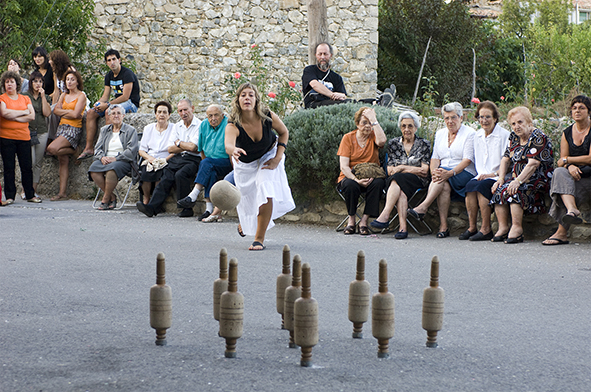
Among the main activities done/ongoing there is the organisation, in cooperation with the members, of gatherings, festivals, seminars, congresses, symposiums, project of researches, cultural exchanges, at the level of European regions, at the national level or at the international one.
– 23 international festivals in 6 different countries (Belgium, France, Hungary, Italy, Portugal, Spain);
– 18 international seminars in 10 different countries (Belgium, Croatia, France, Germany, Hungary, Italy, Lithuania, Netherlands, Romania, Spain);
– 33 international symposiums and conferences in 13 countries (Algeria, Belgium, China, France, India, Italy, Mexico, Philippines, Portugal, Romania, Russia, Spain, Tunisia).
Main countries where the NGO works: Ireland, United Kingdom, Belgium, The Netherlands, Denmark, Sweden, Poland, Russia, Czech Republic, Hungary, Romania, Bulgaria, Greece, Croatia, Slovenia, Austria, Italy, France, Portugal, Spain, Iceland, Malta, Poland, Tunisia.
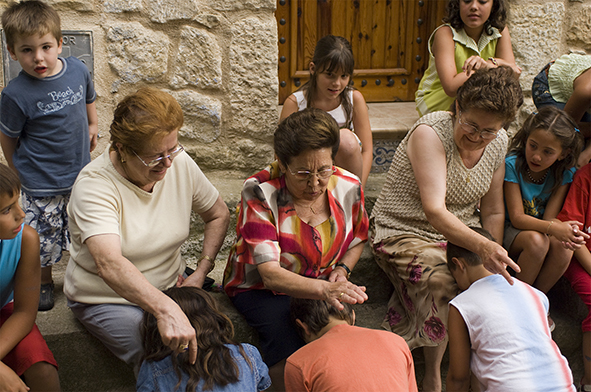
Local, national or international level of the NGO: By its nature AEJeST works on an international level as a Platform. One of the main objectives of AEJeST is to foster exchange of experiences and good practices among its members. AEJeST organizes or helps its members to organize international meetings during which they can present their functioning and safeguarding initiatives in order to share them with others. Such meetings take place several times a year.
AEJeST promotes international cooperation and issues publications to disseminate information on promoting and safeguarding traditional sports and games in different contexts.
AEJeST regularly participates in seminars and conferences around the world, on the one hand to share their own expertise in promoting and safeguarding intangible cultural heritage, at the other hand to learn from the experience of others.
AEJeST is an NGO consultative member of the Cigeps-Unesco (Inter-governmental committee for physical education and sport) and a consultative member of the global platform of traditional games.
AEJeST is founder of the International Traditional Sports & Games Association (ITSGA). The members are (sub)continental organizations in Africa, Asia, Europe and South America.

